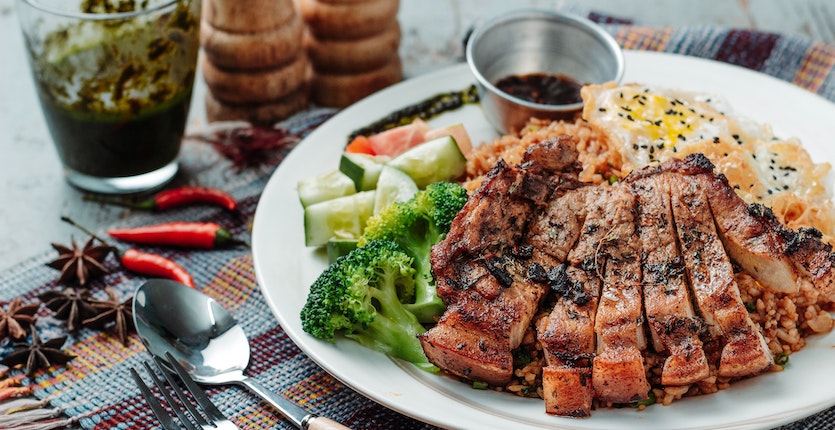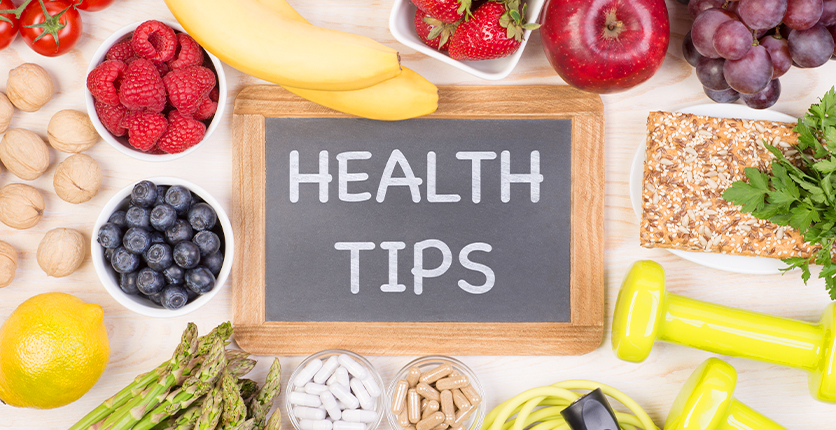In an effort to shed fat and build muscle, some of us are eating more animal protein and eliminating carbohydrates completely from our diet. But eating large amounts of high-protein, high-fat foods may not be good for our health. Some studies show that diets high in animal protein and fat can raise our blood pressure and cholesterol levels, increasing our risk of cardiovascular disease and kidney damage. Besides, we need carbohydrates for energy, fibre and essential nutrients, says Teresa Pena Ontiveros, a holistic nutritionist at Balanced Nutrition Lab.
Q: How did we come to believe that we have to omit carbohydrates from our diet and eat more protein to be healthy?

Teresa: This belief originated with the Atkins diet in the 1980s, and later, with the popular Keto diet. Followers of these diets saw carbohydrates as “bad”. These days, we still hear that if we want to lose weight and have more energy we should cut out carbs and increase our intake of protein and fat. While it’s true that a high-protein diet may help with weight loss, it’s not going to improve your energy levels.
Q: Why is it a bad idea to eliminate carbohydrates from our diet?

Teresa: Carbs are important because they’re the body’s preferred source of energy. When we consume carbohydrates, our body converts them into a form of sugar called glycogen. Glycogen is stored in our muscles and liver and used immediately for energy. The more glycogen we have, the better we perform. When we skip carbs completely, we deplete our body of key nutrients, sap it of energy and negatively impact our gut flora. Symptoms may include fatigue, mood swings and constipation.
Q: What are some differences between “good” and “bad” carbs?
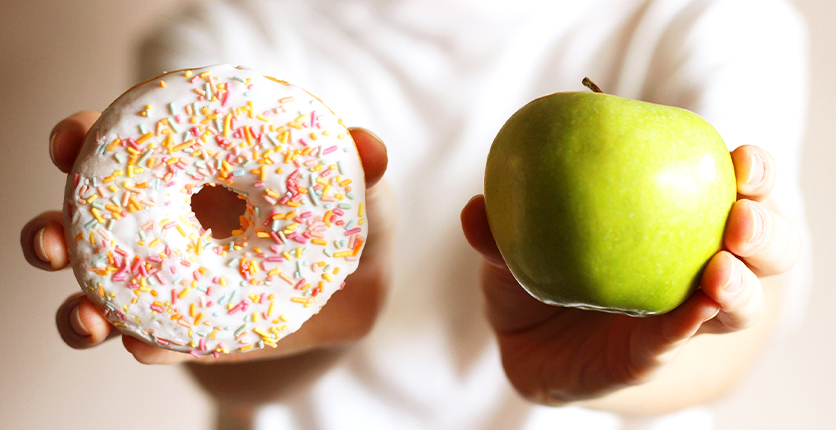
Teresa: When we say “bad” carbs, we’re referring to refined or simple carbohydrates like white flour, baked goods, sugary drinks, and white bread. “Good” carbs are complex carbs like vegetables, fruit and whole grains. Complex carbs provide vitamins, minerals and fibre – the latter is crucial for a healthy gut and proper digestion. Simple carbs have been stripped of their nutrients and are left with just their sugar and not much more. They also cause bad bacteria in our gut to thrive, which can wreak havoc on our digestion and weight.
Q: Many people fill up on high-protein foods like meat, dairy and eggs, thinking this is what will make them slim. But such foods are high in saturated fat and cholesterol. What are some dangers of eating this way over the long term?
Teresa: Eating large amounts of such foods puts a strain on our heart and kidneys because we’re consuming a lot of protein and unhealthy fat. It also affects our liver and hormones. Our liver has many important jobs to perform, like detoxification. Animal protein contains toxins that the liver has to remove; this means the more meat we eat, the harder our liver has to work. This may affect its ability to do other jobs, like regulate hormones. The healthiest diet is one that contains a variety of foods, including complex carbohydrates.
Q: Do high-fat, high-protein foods give us more energy than carbohydrates?
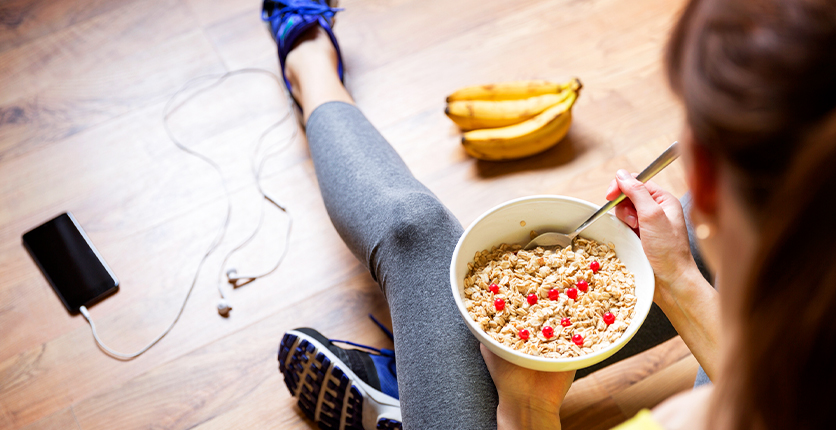
Teresa: It depends on what activity we’re performing. Carbohydrates are the body’s immediate preferred source of energy for anaerobic exercises such as weightlifting, although we can only store a small amount in our muscles and liver and this form of energy tends to get depleted quite fast. Fat has a higher caloric value and is more energy dense. It takes longer to metabolise and isn’t available right away. Fat is preferred for aerobic exercises such as walking and low-impact activities.
Q: How can we get our fill of carbs while keeping our weight under control?
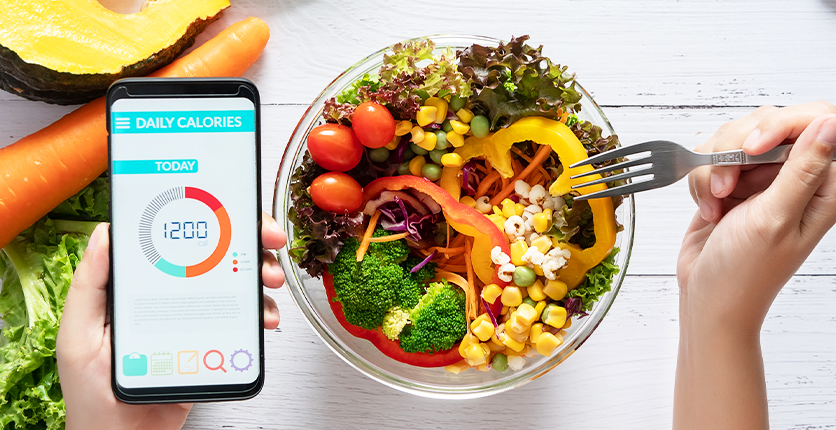
Teresa: Consume more complex carbs like vegetables, fruit and whole grains – they’re packed with fibre, which keeps you full and prevents you from overeating, thus allowing you to maintain your weight. Limit your intake of refined carbs like white rice and pasta, which can cause your blood sugar to spike and crash and leave you feeling hungrier, sooner. A balanced meal contains complex carbs such as quinoa, lots of leafy greens, and a portion of protein.
Note: Please consult your GP or physician before starting on a new diet plan.
What’s your view on high-protein diets? Share with us at magnsman@sph.com.sg!
Featured image: Nerfee Mirandilla on Unsplash
